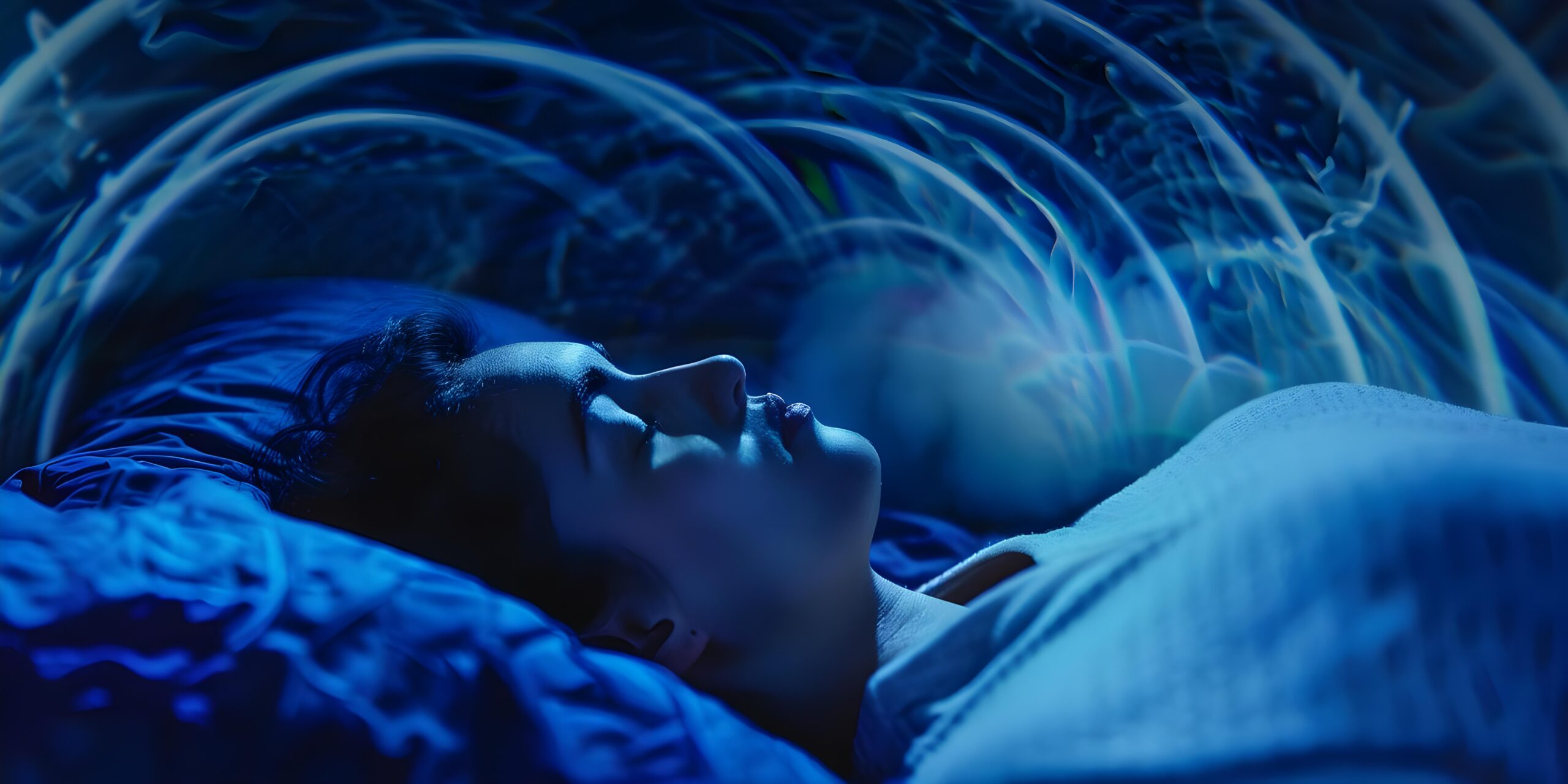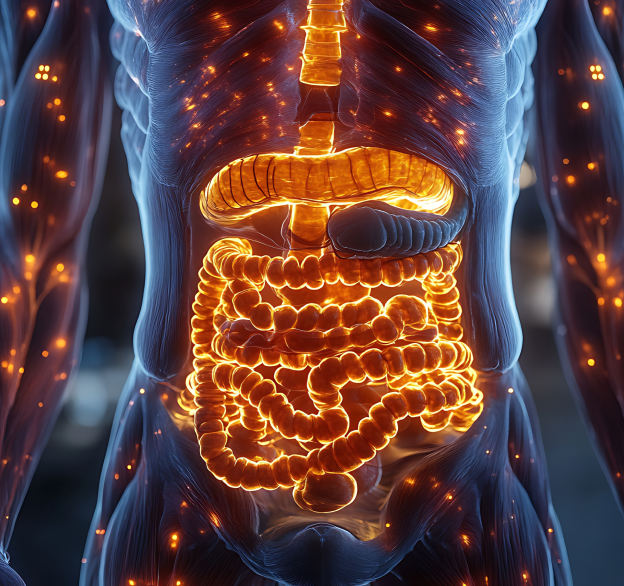
Science
The Science of Sleep and Its Impact on Restoring the Body

Sleep is often overlooked in discussions about recovery, yet it plays a crucial role in restoring the body after intense physical activities like raving and substance use, such as MDMA. While hydration, nutrition, and rest are vital components of recovery, sleep is the cornerstone that ensures your body fully recovers and prepares for the challenges ahead.
The Physiology of Sleep: More Than Just Rest
Sleep is a complex biological process that goes far beyond mere rest. It is during sleep that the body engages in critical repair and restoration activities. Sleep is divided into several stages, including light sleep, deep sleep (also known as slow-wave sleep), and rapid eye movement (REM) sleep. Each stage plays a unique role in the body’s recovery.
- Deep Sleep: This stage is crucial for physical recovery. During deep sleep, the body releases growth hormone, which stimulates tissue growth and muscle repair. This is also when the body clears out metabolic waste products accumulated during the day, reducing inflammation and helping muscles recover from the stress of physical exertion.
- REM Sleep: REM sleep is essential for cognitive recovery. During this stage, the brain processes emotions, consolidates memories, and replenishes neurotransmitters that influence mood, learning, and concentration. REM sleep is also when most dreaming occurs, which plays a role in emotional regulation and mental health.
The Role of Sleep in Recovery
After intense physical activities like raving, the body needs more than just a brief rest period; it requires deep, restorative sleep to repair tissues, restore energy, and recalibrate various bodily systems. Here’s how sleep contributes to different aspects of recovery:
- Muscle Repair and Growth: During deep sleep, the body increases blood flow to muscles, delivering essential nutrients and oxygen needed for repair. Growth hormone secretion is at its peak, promoting protein synthesis and muscle growth. This process is vital for repairing the microtears in muscles that occur during intense physical activities.
- Immune System Support: Sleep enhances the immune system’s ability to fight off infections and repair damage. During sleep, the body produces cytokines, proteins that help combat inflammation and infection. A lack of sleep can weaken the immune system, making you more susceptible to illness and prolonging recovery.
- Hormonal Balance: Sleep regulates the production of hormones that influence hunger, stress, and energy levels. For instance, insufficient sleep can lead to an increase in cortisol, the stress hormone, which can impede recovery and contribute to muscle breakdown. On the other hand, adequate sleep helps maintain balanced levels of leptin and ghrelin, hormones that regulate appetite and energy use.
- Cognitive Function and Mood: REM sleep is critical for restoring mental clarity, processing emotions, and consolidating memories. After a night of poor sleep, cognitive functions like attention, reaction time, and decision-making can be impaired. For those recovering from intense experiences like a rave, which often involves sensory overload and emotional highs, REM sleep helps stabilize mood and enhances mental resilience.
The Impact of Sleep Deprivation on Recovery
Sleep deprivation can have significant negative effects on recovery. Without adequate sleep, the body’s ability to repair tissues, fight inflammation, and restore energy is compromised. This can lead to prolonged muscle soreness, increased risk of injury, weakened immune function, and impaired cognitive performance.
Chronic sleep deprivation exacerbates these issues, leading to a cumulative deficit that can affect long-term health and well-being. For individuals who frequently engage in high-intensity activities, ensuring consistent and sufficient sleep is crucial to avoid these detrimental effects and to support ongoing performance.
Enhancing Recovery with Post-Rave Supplements: Melatonin, Ashwagandha, GABA
A significant challenge after long, intense events like raves is achieving restful sleep. Many people struggle to fall asleep or experience poor sleep quality due to the overstimulation from the event. To address this, post-rave supplements often include natural ingredients like melatonin, ashwagandha, and GABA. Melatonin is a hormone that helps regulate the sleep-wake cycle, making it easier to fall asleep and stay asleep. Ashwagandha, an adaptogenic herb, promotes relaxation and reduces stress, further enhancing sleep quality. While GABA is a neurotransmitter that promotes relaxation and reduces anxiety, helping you fall asleep more easily. Together, these ingredients help to calm the nervous system, improve sleep, and support the body’s recovery process. Well-formulated recovery supplements, such as Post-Peak vitamins and Dance Balance gel, combine these ingredients, making them an effective part of a post-rave recovery routine.
Thus, sleep is not just a passive state of rest; it is an active, dynamic process that is critical for effective recovery. Whether you’ve just completed a long night of dancing or engaged in any other form of intense physical activity, prioritizing sleep is essential for repairing your body, restoring energy, and maintaining mental clarity. By understanding the science of sleep and finding ways to improve it, you can enhance your recovery, support long-term health, and ensure peak performance in all your activities.

